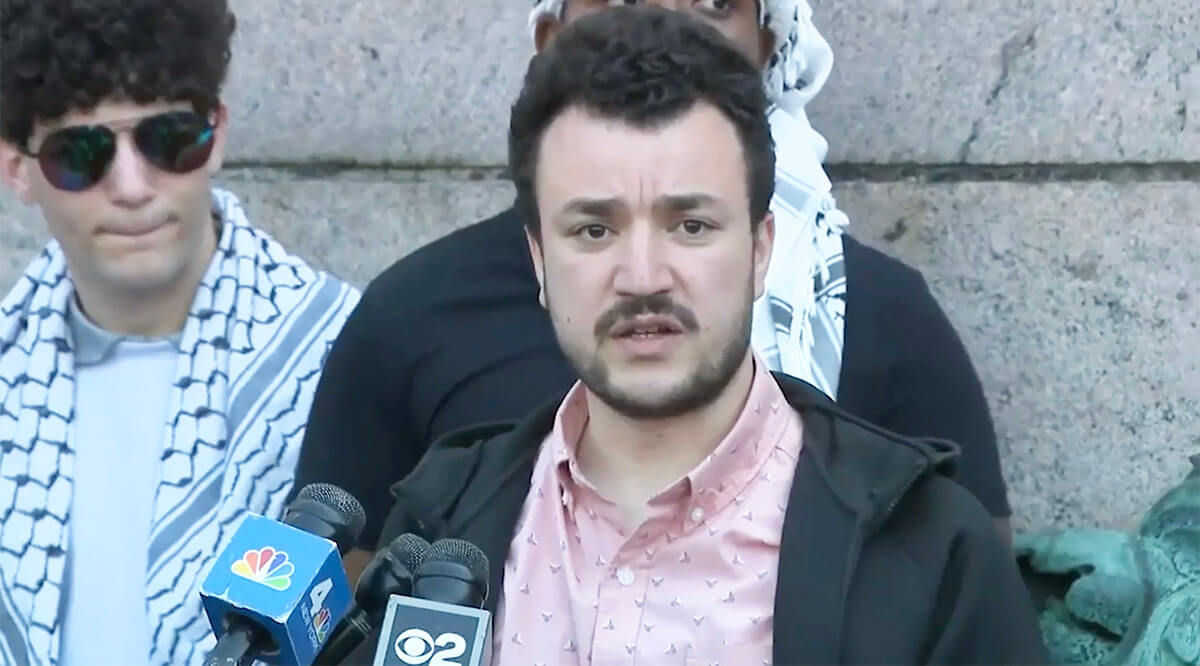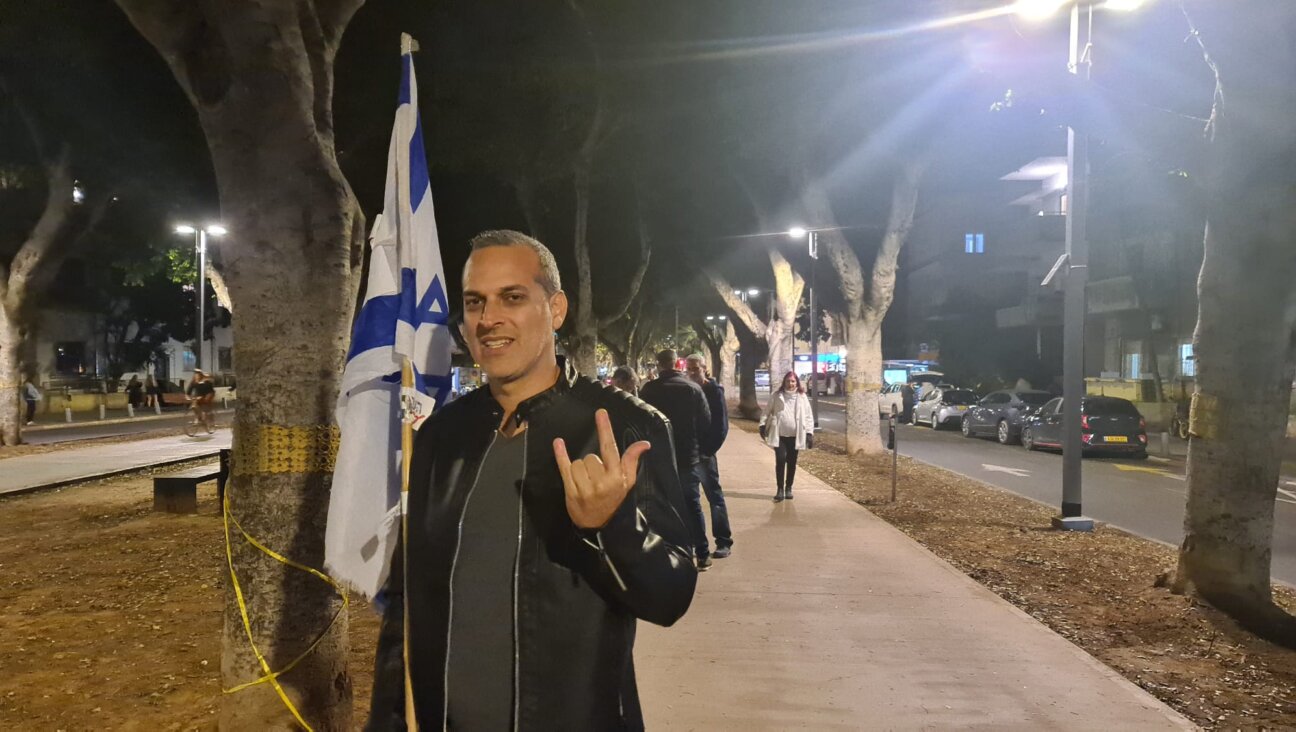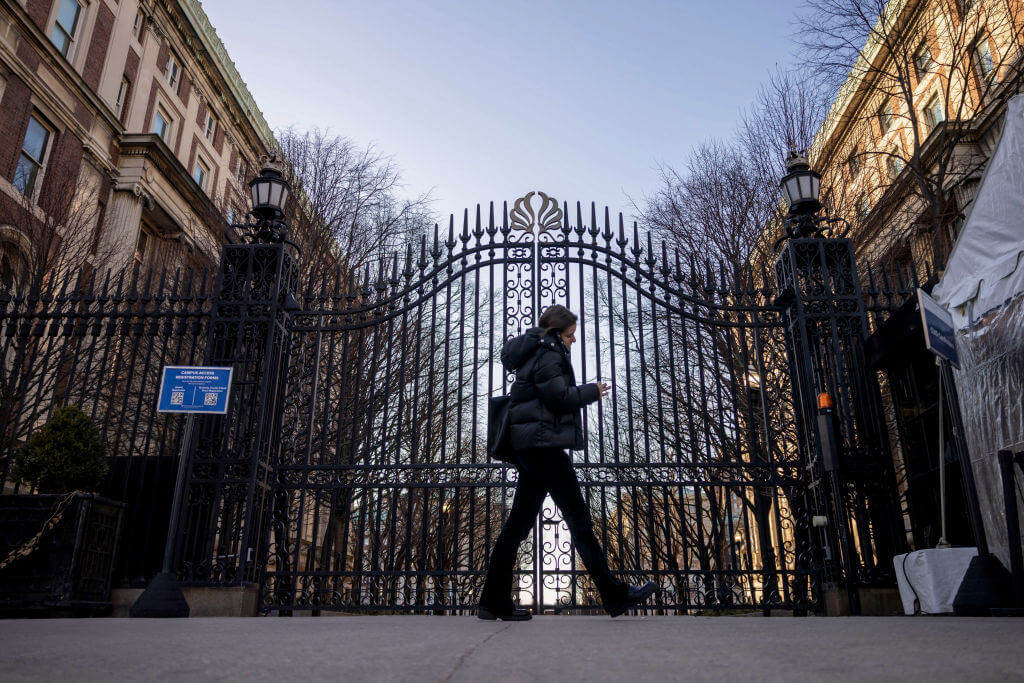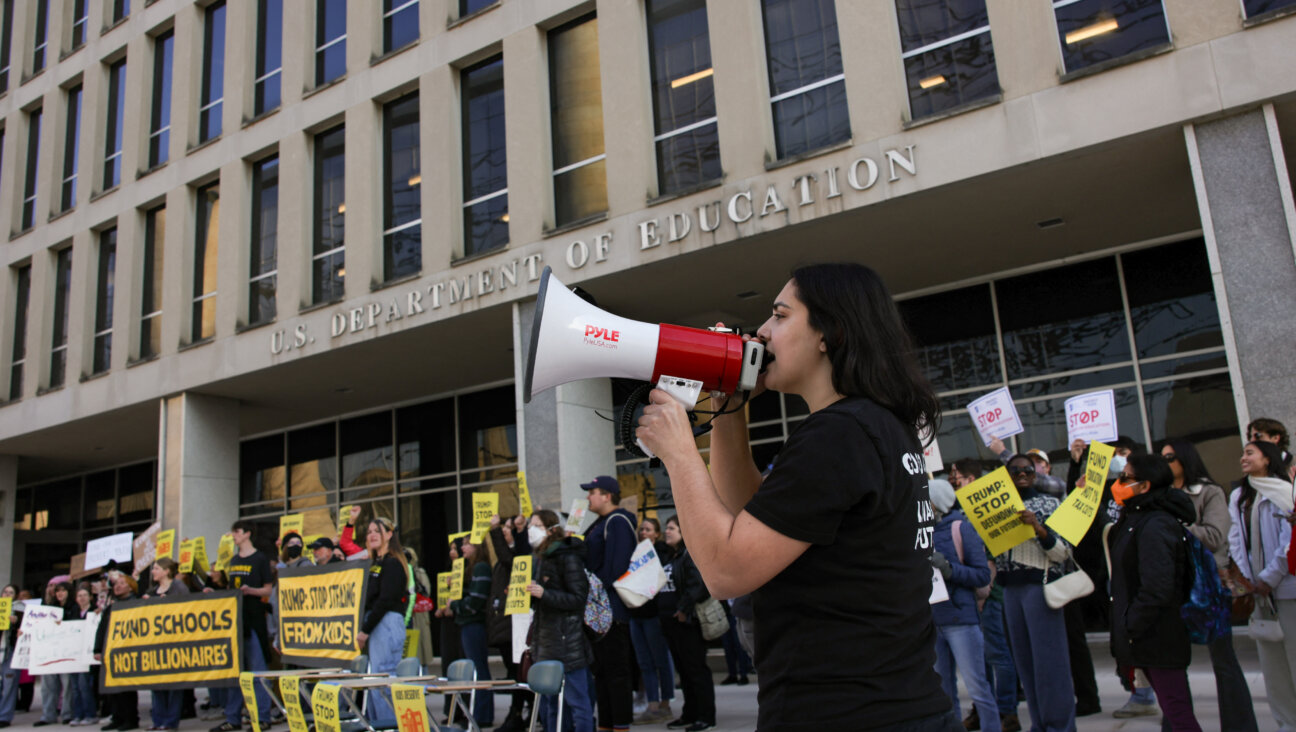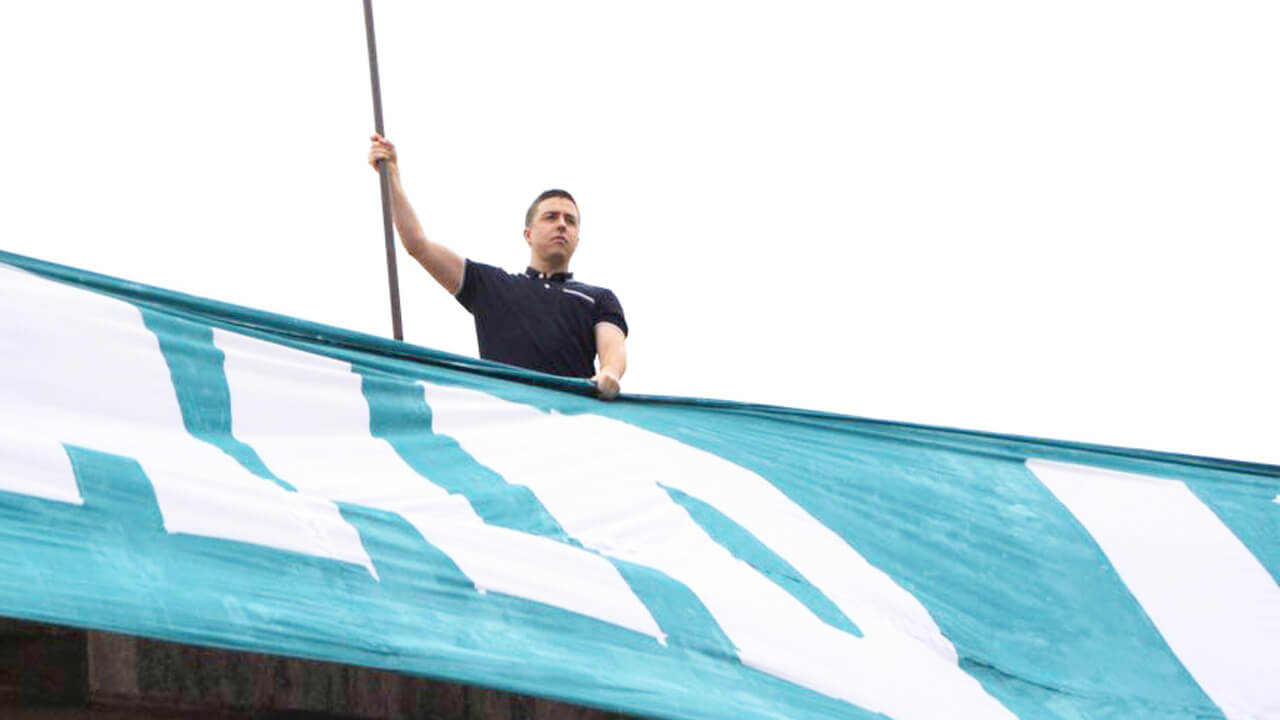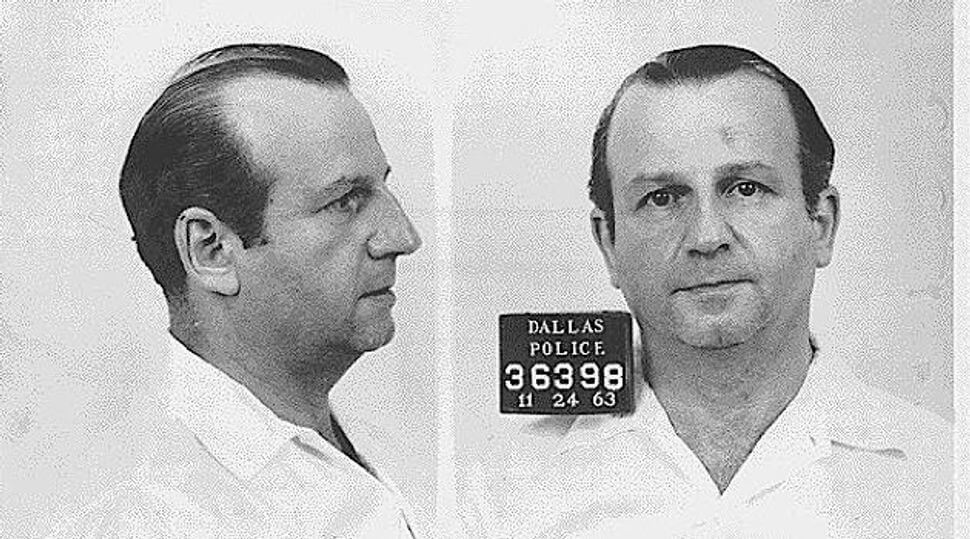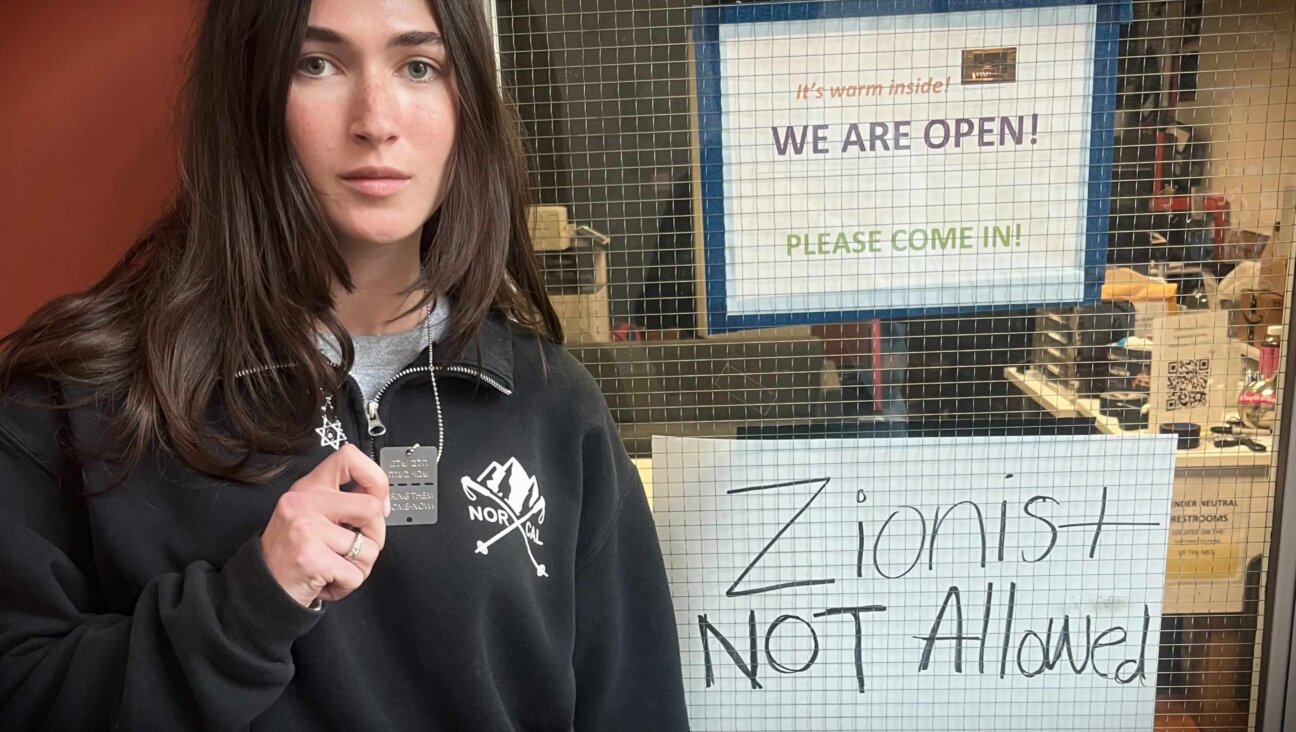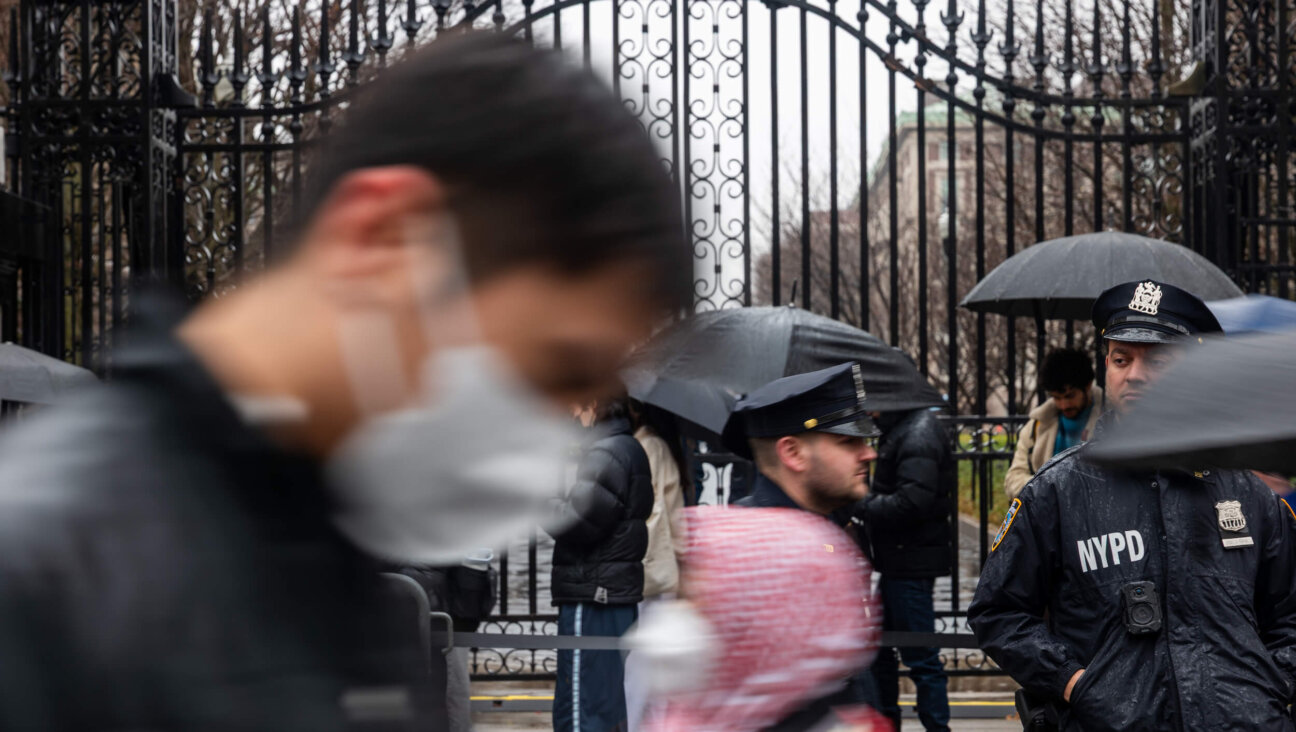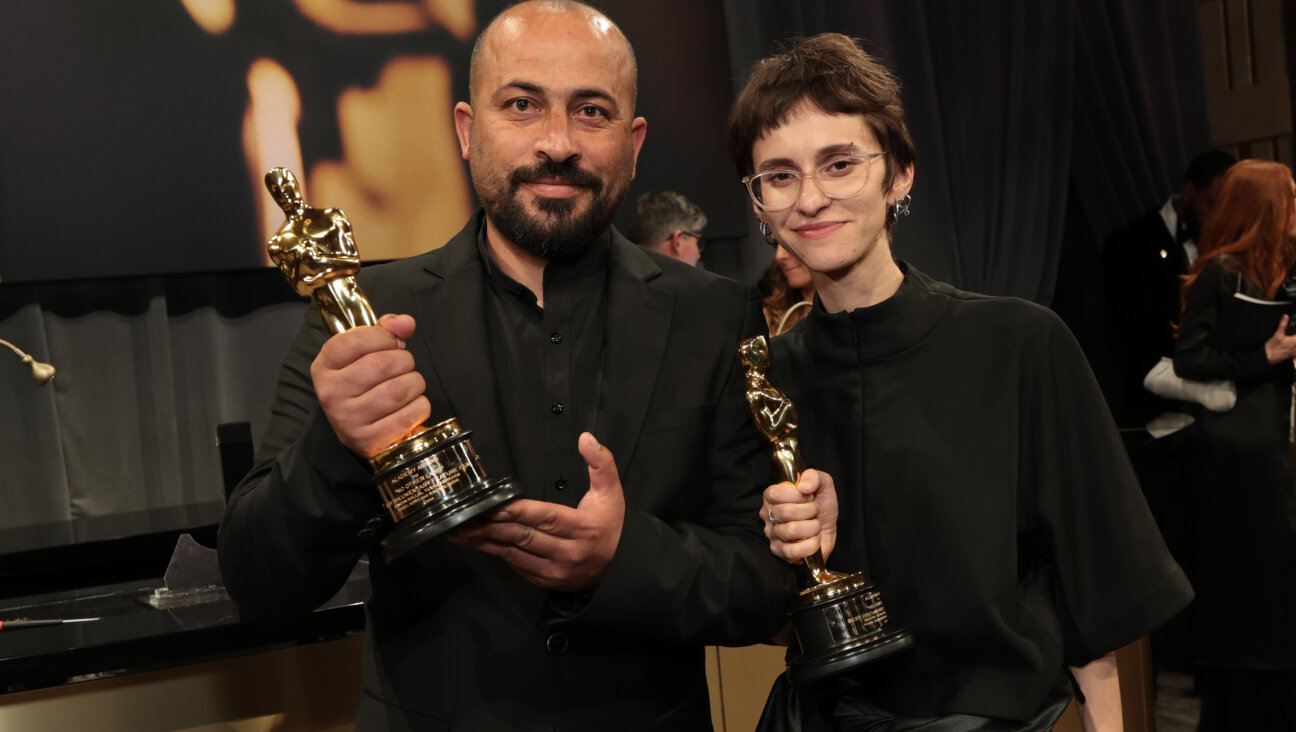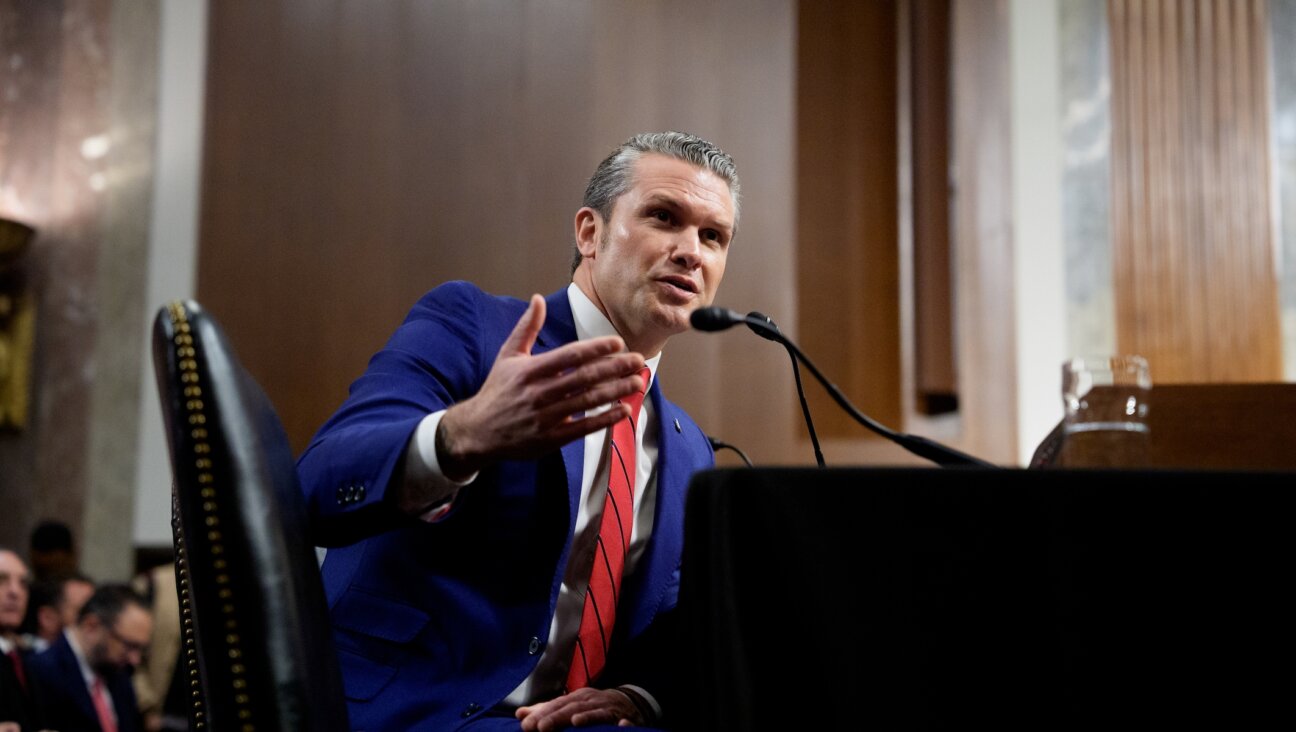Dance Troupe From Israel Wraps Up Goodwill Tour of America
Shortly after their community was awarded permanent residency status in Israel, a dance troupe hailing from the country’s controversial African Hebrew Israelite community completed its first “goodwill tour” of the United States at New York’s National Black Theatre in Harlem.
Members of the Spirit of David Dance Theatre — who toured through Atlanta, Washington, D.C., and New York, in addition to several smaller cities — are African Hebrew Israelites, or Black Hebrews. They believe they are descendants of one of the lost tribes of Israel. The 2,500 members of the community, who are not Jews, are the offspring of 350 African Americans who moved to the southern Negev city of Dimona in 1969. They have been treated with some skepticism ever since, primarily due to their alleged ties to black radicals, including Nation of Islam founder Louis Farrakhan.
During the final performance in Harlem last week, the emcee, Tony Luck, spokesperson and spiritual leader of the African Hebrew Israelites, explained that the purpose of the tour was to show the performers the country their parents emigrated from and to prove to African Americans that the African Hebrew Israelite community was “not Jonestown.”
The African Hebrew Israelites, who reside in Dimona as well as in pockets in Mitzpah Ramon and Arad, believe that organized religion divides people, but they eschew the eating of meat as well as dairy products, and homosexuality and premarital sex are forbidden — though polygamy is practiced.
When the group first immigrated to Israel — which they consider to be part of Africa, separated artificially by the man-made Suez Canal — they were regarded with some suspicion by Israelis because of their ties to black radicals like Farrakhan, whose organization supplied some of the funding for the dance troupe’s tour. In addition, Farrakhan reportedly visited the community, according to news reports.
When asked about the group’s relationship with Farrakhan, Luck offered only the following explanation: “He is our brother and our friend.”
Additional funding came from several sources within the African American community including Luck’s sister, Karen Wells, who matched the $100,000 that the dancers raised.
Luck, who personally escorted Whitney Houston around the Dimona community during the singer’s visit to Israel in June, said many Israelis support their community because of its nonviolent lifestyle. “Our community has never had a murder or a rape and there are no unwed mothers,” she said. “Our Israeli friends petitioned on our behalf [for residency status] because they saw how we lived nonviolently.”
She was echoed by Toomahyah Baht Israel, the dance company’s artistic director, who added that the controversial community has also remained neutral in the Israeli-Palestinian conflict.
“We are not involved in any way in the battle,” Israel said, though she did add that two African Hebrews were killed in suicide attacks since the onset of the intifada.
According to Luck, who escorted the dancers throughout the tour, the troupe could not get funding from the Israeli Foreign Ministry because the request was submitted too late, but she expressed hope that they would fare better in the future.
“I am sure the Israeli government will give us money to come back next year,” said Luck. “We have many friends in the Ministry of Tourism.” However, Ofra Ben-Yaacov, consul for American cultural affairs in the Israeli Foreign Ministry, thinks it’s unlikely that the troupe will be able to secure funding for another American tour so soon.
“I cannot promise anything,” she said. “I have 10 pending projects for next year that are including a nationwide Batsheva Dance Company tour that we have been planning for two years. Every year they cut our budget more, and I don’t see the Israeli economy improving.”
A message from our Publisher & CEO Rachel Fishman Feddersen

I hope you appreciated this article. Before you go, I’d like to ask you to please support the Forward.
At a time when other newsrooms are closing or cutting back, the Forward has removed its paywall and invested additional resources to report on the ground from Israel and around the U.S. on the impact of the war, rising antisemitism and polarized discourse.
Readers like you make it all possible. We’ve started our Passover Fundraising Drive, and we need 1,800 readers like you to step up to support the Forward by April 21. Members of the Forward board are even matching the first 1,000 gifts, up to $70,000.
This is a great time to support independent Jewish journalism, because every dollar goes twice as far.
— Rachel Fishman Feddersen, Publisher and CEO







